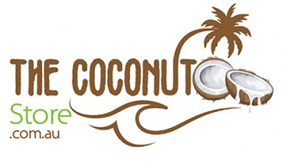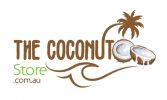Coconut Textures And Their Uniqueness
Coconut is a tropical fruit famous for its many culinary and medicinal uses. Many use coconut for both sweet and savoury dishes. It is also a flavour enhancer in many recipes. Nevertheless, there is more to this tropical fruit than meets the eye. Coconut comes in three popular textures: shredded, desiccated, and flaked. Each of these textures affects the use of coconut for food and drinks. Read on to learn more about the various types of coconuts and what makes them unique! What’s the Difference Between Dried and Fresh Coconuts? First, it’s important to note that dried and fresh coconuts differ. Dried coconuts are mature brown coconuts harvested, dried, and shelled. They’re often shredded or ground into a flour-like texture. Since they’re pre-shredded, they’re easy to use in dishes that call for coconut. Dried coconuts are not as sweet as fresh ones
Read More











